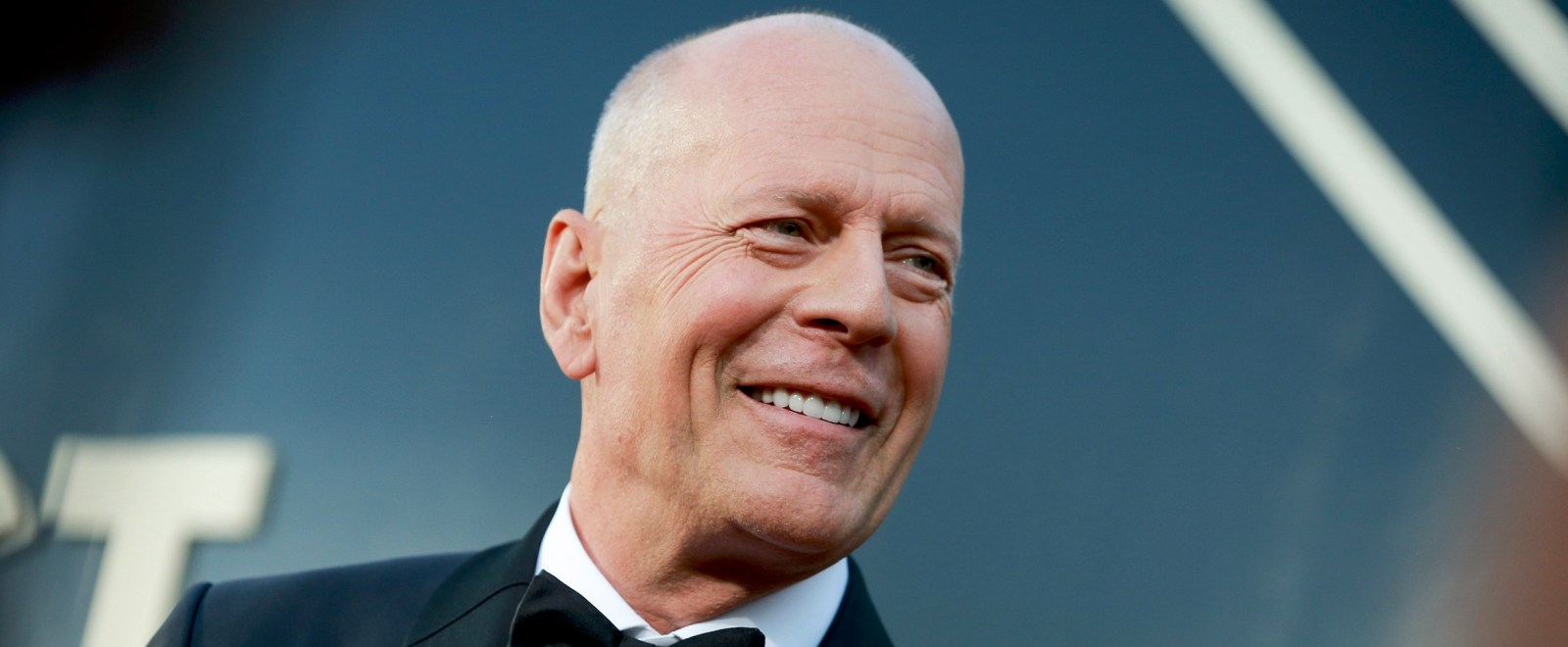
Last week, a strange story was reported: Bruce Willis had allegedly sold his likeness to Deepcake, a company that creates those meddlesome things called deepfakes. As such, it was reported, the beloved actor — or a “digital twin” of him, at least — could live on in perpetuity, used for movies and TV shows and commercials and whatnot into the deepest future. If that sounded disturbing to you, then here’s some good news: It’s not true.
As per BBC, both Willis and Deepcake have both denied that this ever happened. A spokesperson for Willis said there was “no partnership or agreement” to sell his likeness to a company to create fake videos of him. Deepcake, meanwhile, said only Willis has the right to his face.
Over the summer, it was revealed that Willis had been diagnosed with aphasia, a rare disorder that affects speech and comprehension. He announced his retirement after decades of acting, prompting an avalanche of tributes to a long and storied career.
If a deepfake version of Willis had gone through, it wouldn’t have been the first time technology recreated an actor’s likeness. A version of the late Peter Cushing, who passed in 1994, appeared in Rogue One: A Star Wars Story, which also featured a young incarnation of Carrie Fisher. Recently, AI technology allowed the makers of Top Gun: Maverick to recreate the voice of Val Kilmer, who lost his to throat cancer. Incidentally, soundalikes and deepfakes are very dangerous, as this Radiolab episode lays out, and should be brought to an end before they’re exploited by dangerous people, such as authoritarian world leaders.
(Via BBC)
